Simple Tense
|
The
simple present, present simple or present indefinite is one of the verb forms
associated with the present tense in modern English. It is commonly referred
to as a tense, although it also encodes certain information about aspect in
addition to present time. |
Simple Tense: Learn about Adjectives in this post as part of English Grammar. See also other posts for more details. If possible try to find out for English Grammar Rules. The "English Grammar Rules" can be viewed through the following links.
Click Here : "English Grammar Rules"
Verb tense tells you when the action happens. There are three main verb tenses: present, past, and future. Each main tense is divided into simple, progressive, perfect, and perfect progressive tenses.
Simple Tense English Grammar Topics
Read Also: Comparative and Superlative Adjectives
Things to remember about simple tense:
a. Present tense is the original verb form.
b. Past tense has a few patterns.
c. Future tense needs will (shall) + verb.
Click Here : Singular and Plural Nouns
run
- I run a marathon twice a year. (present)
- I ran a marathon last year. (past)
- I will run a marathon next year. (future)
eat
- I eat lunch in my office.
- I ate lunch an hour ago.
- I will eat lunch in one hour.
Click Here : Possessive Nouns
see
- I see a movie once a week.
- I saw a movie yesterday.
- I will see a movie tomorrow.
know
- I know it.
- I knew it the day before yesterday.
- I will know it by tomorrow.
learn
- I learn English.
- I learned English the last two years.
- I will learn English next year.
cook
- I cook my supper every night.
- I cooked our dinner already.
- I will cook breakfast tomorrow.



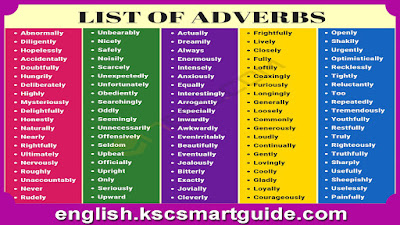
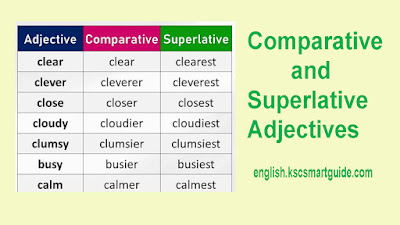



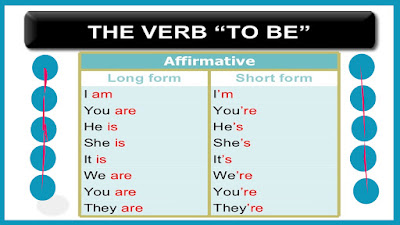

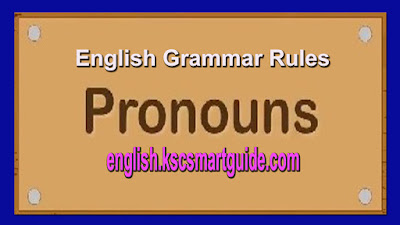

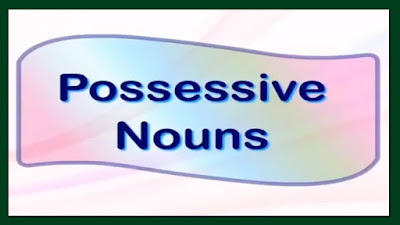


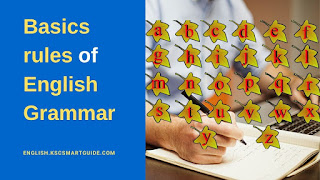





%20-%20English%20Speaking%20Basics.jpg)



